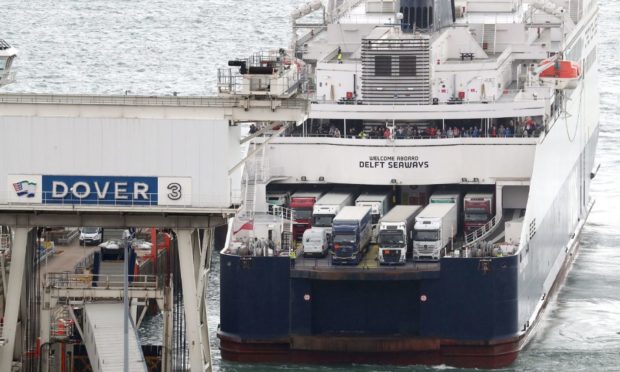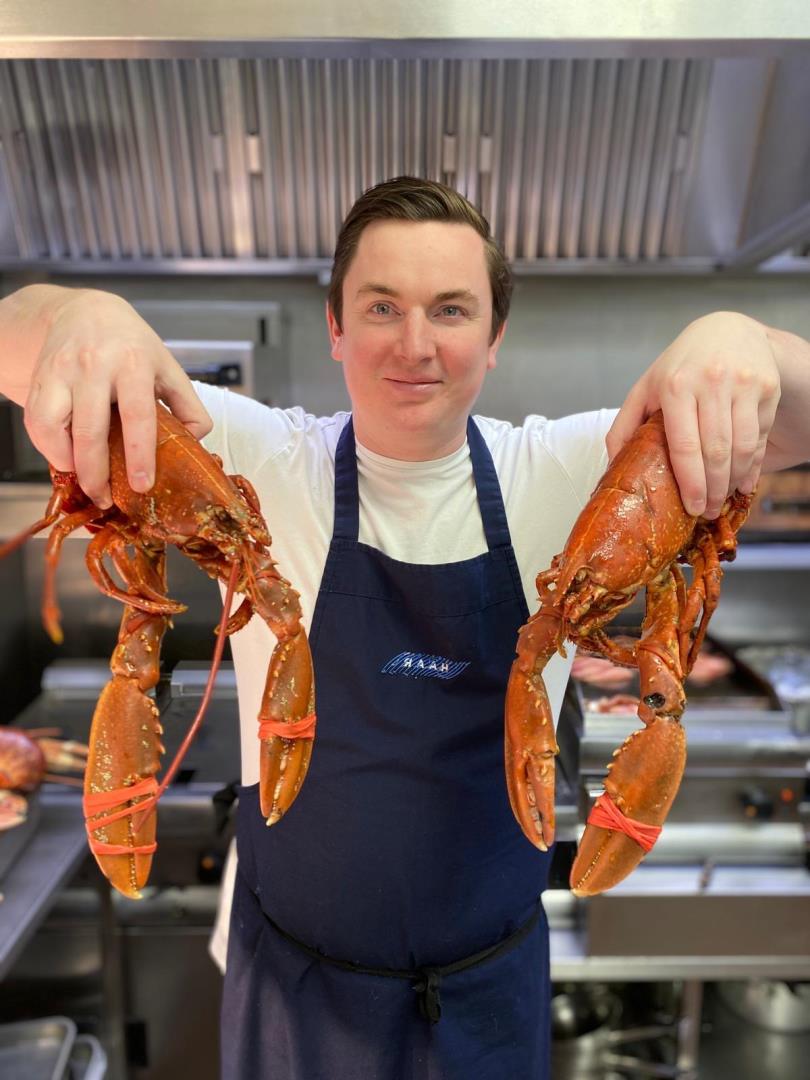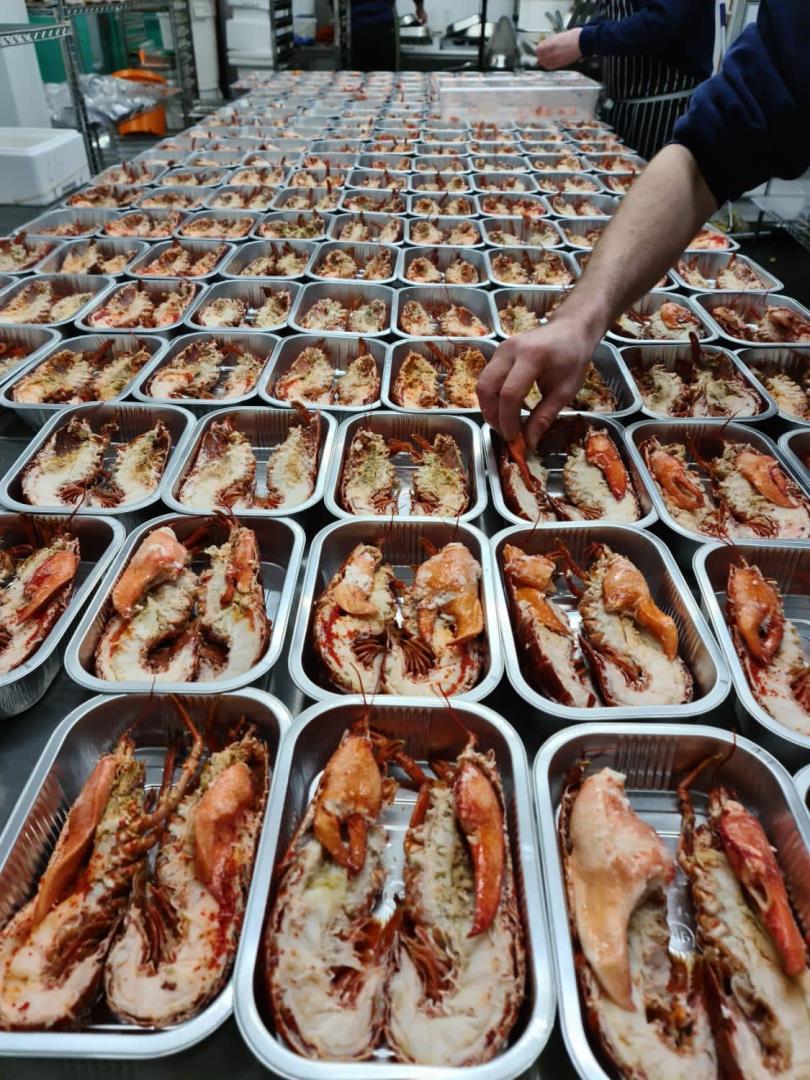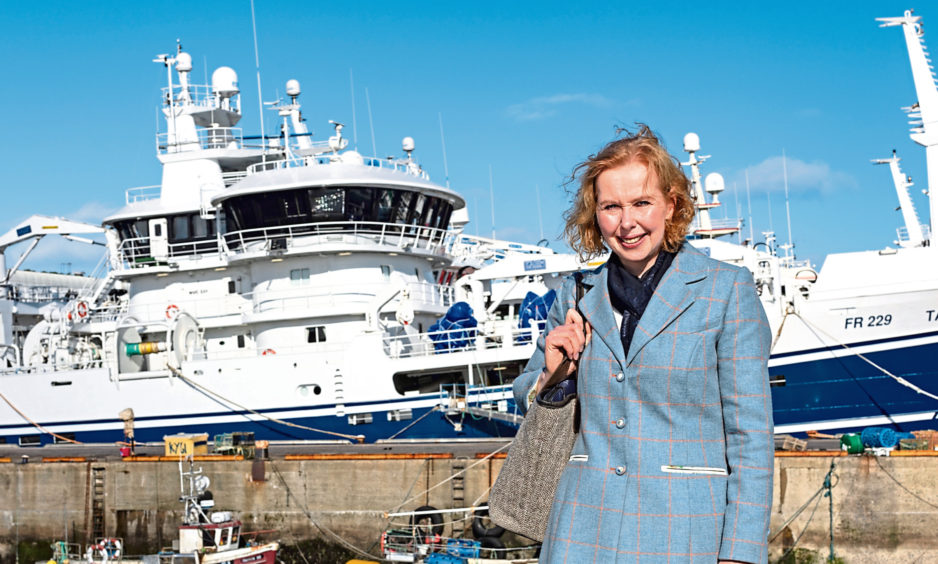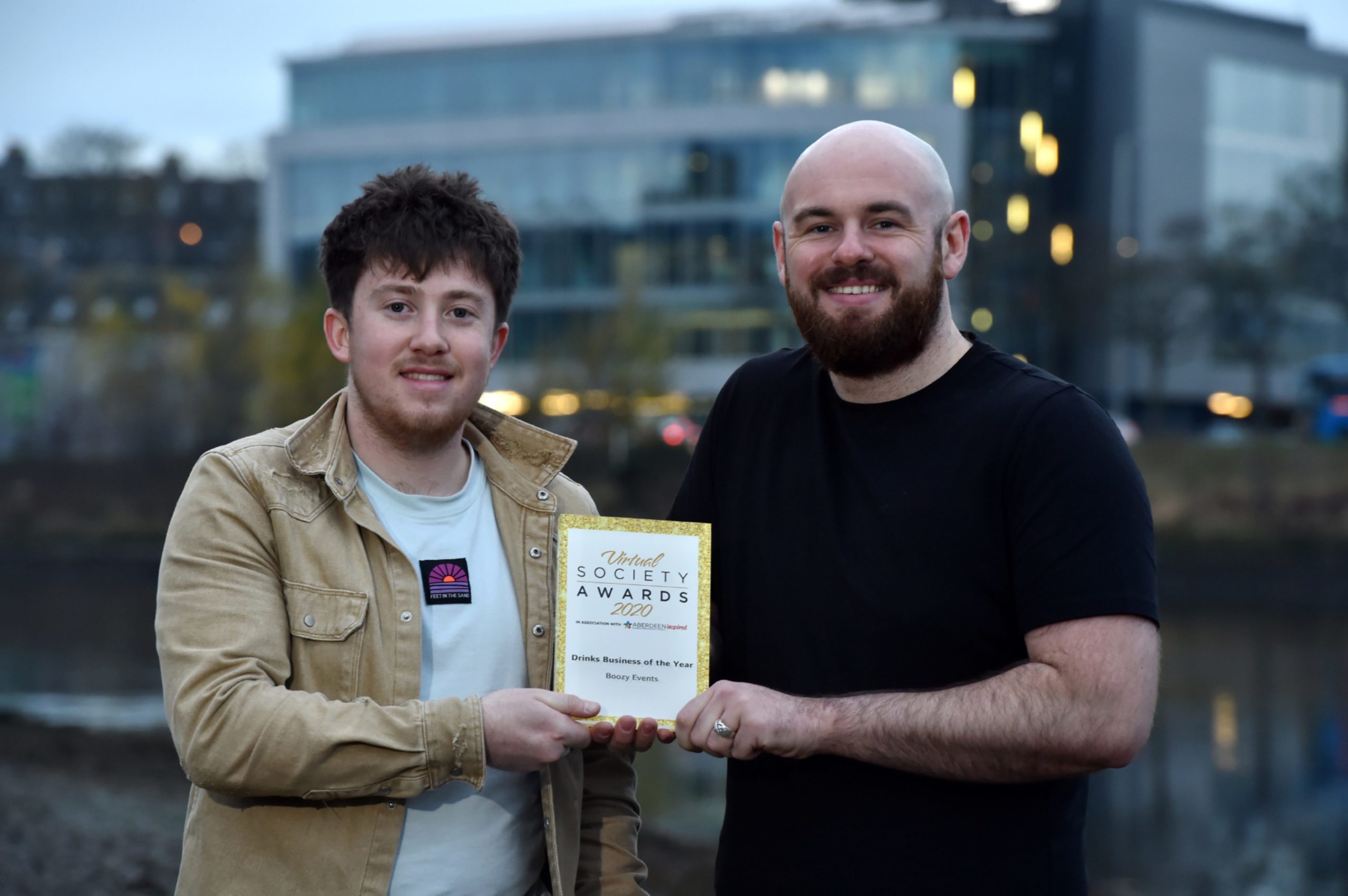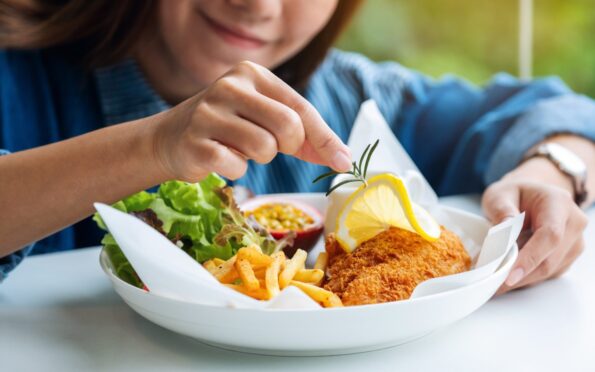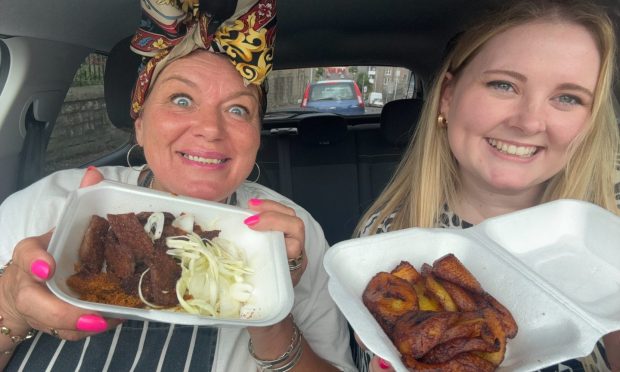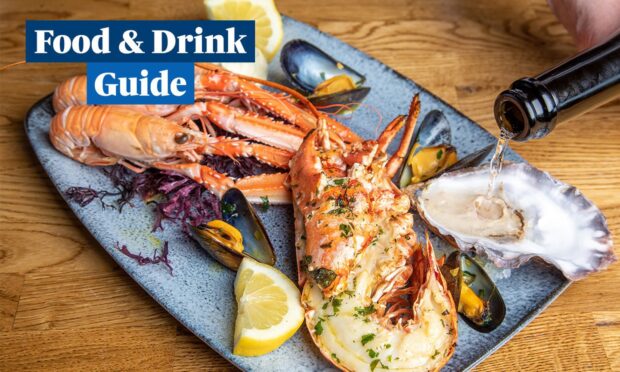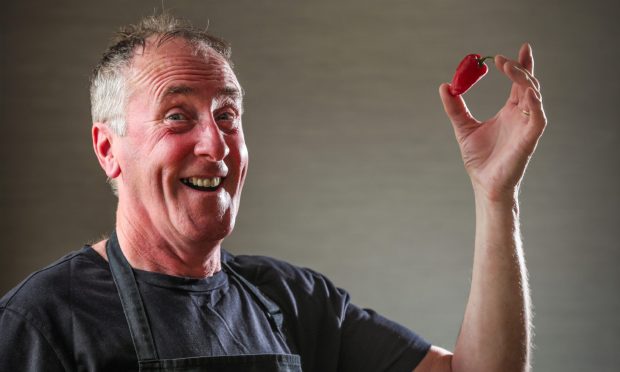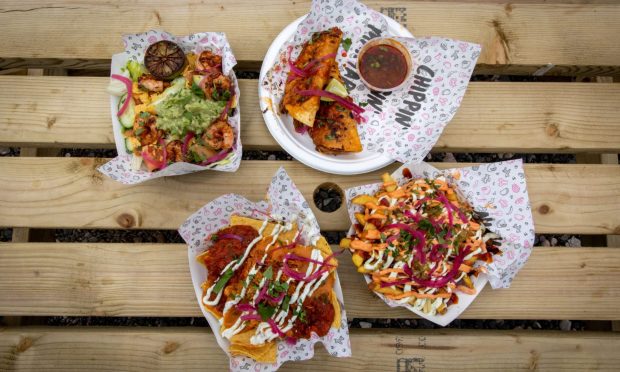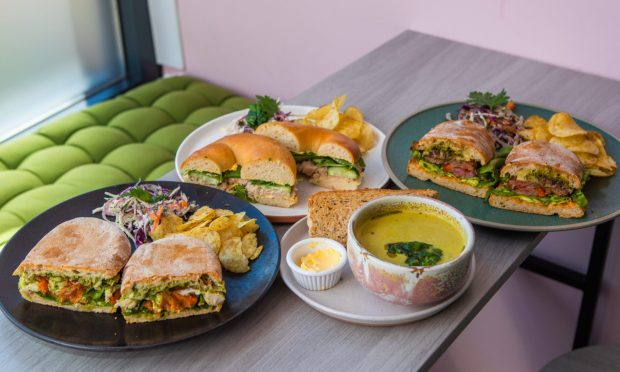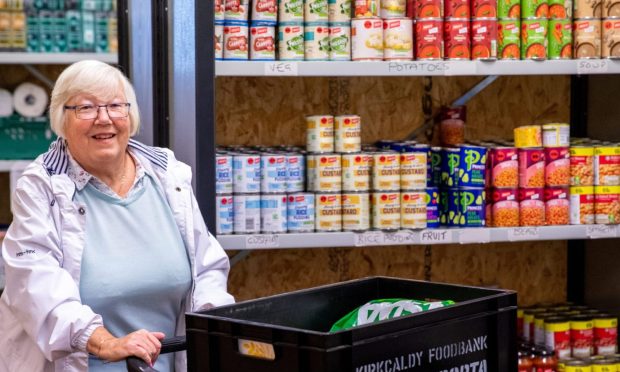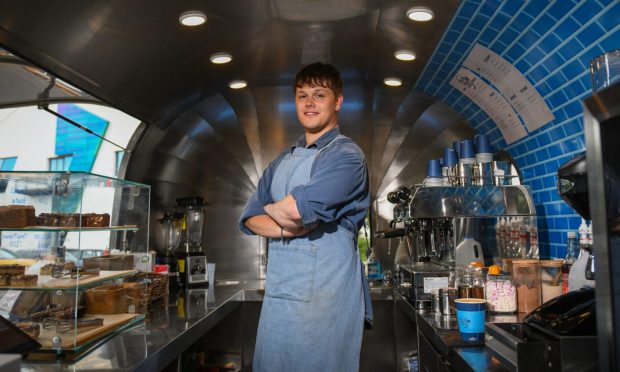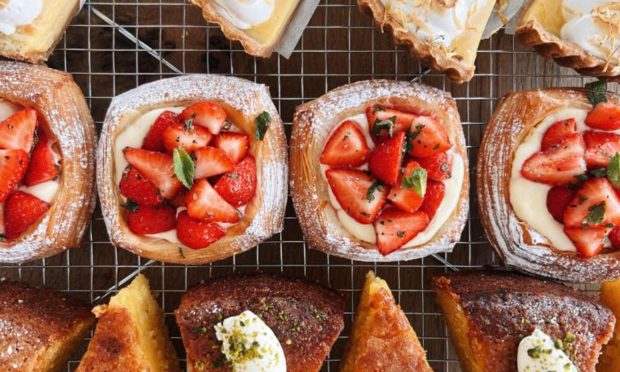After the Prime Minister Boris Johnson hailed the UK’s Brexit deal with the European Union as his “Christmas present to the nation” we found out how it affects local exporters and producers.
When the Brexit deal was finally ‘done’ on Christmas Eve, there was widespread relief in the food industry that tariffs on exports would be avoided.
But, while the worst effects of a no-deal exit were averted, producers and exporters face increased costs due to the additional paperwork that now needs to be completed when sending produce to EU countries.
For some, most notably fishing communities, there is disappointment and alarm, for others there is concern over the threat of delays and increased costs – but there are those who also see new opportunity following the UK’s exit from the EU.
Speaking in the House of Commons before MPs voted to approve the new deal, the Prime Minister said it would enable the UK to trade and co-operate with the EU on the “closest possible terms” while taking “sovereign control of our laws and our national destiny”.
He added: “We are going to open a new chapter in our national story, striking free trade deals around the world and reasserting global Britain as a liberal, outward-looking force for good.”
Now, as Britain finally leaves the European Union, voices from around the food industry share their hopes and fears..
“Devil in the detail for wholesalers”
Colin Smith, chief executive, Scottish Wholesale Association, said while it is pleasing that a deal has been done, the finer detail needs to be examined closely, with more administration likely to result in increased costs
He said: “The deal secured by the UK Government is to be welcomed, despite it coming at the 11th hour, and the good news is that the threat of tariffs on key food and drink exports has been averted.
“However, there is much detail to be pored over and businesses importing fresh products and ingredients are understandably concerned about the prospect of increased admin and paperwork which could have a knock-on effect on the UK supply chain, reducing choice for shoppers, and increasing costs too.
“While some major supermarkets have already declared that they are able to absorb these ‘new’ costs, due to the volume of stock they import, wholesalers and their suppliers importing a pallet or two of chicken or bacon, for example, have the same fixed importing costs as they would a container.”
Mr Smith added that wholesalers will be unable to soak up any additional costs, so these would be passed on to the consumer.
He continued: “One SWA member estimates that custom charges could add 1.5% to their costs of goods. Wholesalers operate on net margins of only 1.3% – these additional costs can’t be absorbed by the wholesaler and have to be passed on in higher cost of goods, creating a new level of disparity between the wholesale sector supplying independent convenience stores and the multiple operators.
“We are also deeply concerned about potential delays at border control points as witnessed prior to Christmas.
“Wholesalers and their customers in Scotland are at the far end of the supply chain of goods coming in via Dover. Delays of two days in either direction at Dover have a huge impact on fresh, perishable produce in particular.
“Any more than two days and it’s likely such products won’t reach Scotland as it then becomes uneconomical to transport these products over hundreds of miles north where it would then likely end up being sold at a loss due to having a much shorter shelf life.”
“We could potentially benefit if we get it right”
Masterchef finalist Dean Banks who has experienced huge success for his St Andrews-based Haar at Home food delivery service throughout the pandemic, says while the EU market is one he definitely wants to branch into, the US is top of his list.
He explained: “We’ve actually been looking into sending our boxes to New York next-day delivery. We’ve been in chats with someone about it and we have been considering it for a while but it is really all about finding the right market more than anything.
“I’ve got loads of friends who live in Switzerland and they have asked about getting the boxes delivered over there. The boxes last 48 hours in transit so it is definitely something we’re looking into and may happen in the future. It would be pretty cool if we did.
“I think we could potentially benefit from Brexit if we get it right. EU fishing requires each fishing boat to have a food production license where they have to get an EHO (Environmental Health Officer) to inspect them to be able to sell produce to the European market.
“I feel some boats possibly won’t or don’t want to get that license so we will be able to buy their produce as we’ll be in the British market rather than the European market. That would give us a stronger hand in setting the market rate as right now it is the Spanish and Portuguese who set shellfish market rates. They dictate the price I pay. We would then dictate the price that the Europeans would pay us.
“I think we’ll be able to support more boats as a result.”
Deal “falls very far short” of promises made to fishing communities
Elspeth Macdonald, chief executive of the Scottish Fishermen’s Federation, said although members are glad to be out of the much-criticised Common Fisheries Policy , the deal “falls very far short of the commitments and promises that were made to the fishing industry by those at the highest level of government”.
She said: “A fundamental error was made by the government not securing sufficient quota uplift in some key stocks to take account of international swaps, which will no longer be possible in the same way. Anyone involved in fisheries would know this gap had to be bridged for vessels in the whitefish fleet. We expect government to come forward with solutions to the problem they have created.
“The UK is not receiving a 25% uplift in quotas, but instead will gain 25% of the value of what was the EU’s share in 2019. This does not equate to a 25% uplift in quota.
“And significantly, by the end of the adjustment period this will fall very far short of the government’s stated aim of achieving zonal attachment.”
She added: “Although we are glad to be out of the CFP, our battle to secure better arrangements for our fishermen is far from over. We are now a coastal state with one hand tied behind our back and the industry’s task in the months and years ahead is to right the wrongs of this deal.”
The deal is done. pic.twitter.com/zzhvxOSeWz
— Boris Johnson (@BorisJohnson) December 24, 2020
Global cocktail deliveries at risk
Gregor Sey, co-owner of Boozy Events in Aberdeen, a drinks firm which reimagined its business during the Covid-19 lockdown in March and now specialises in delivering and sending out cocktail kits across the globe, says the deal could be damaging to their operation.
Sending out thousands of cocktail kits a week now, the firm’s main business lies globally, especially within the European Union (EU).
He said: “At the moment we are getting thousands of pounds worth of goods from the EU and sending out finished goods to almost every country in the EU. These packs contain fresh items and rely on time-critical delivery.
“I have implemented systems to get the team up to pace on invoicing and export documentations – luckily we already send a lot of goods to the US and Middle East so we have good real-world experience of dealing with customs. However, I also know how much of a burden this will be on our small team.
“The true effects of the Brexit deal are still not fully known, but I have been fortunate enough to buy us some time to figure it all out by stockpiling as much EU sourced products as possible in the UK and we have been working hard to dispatch as many EU-bound packages as possible by December 30.
“Thankfully the deal allows tariff-free imports of our cocktail ingredient packs to the EU, however, the increased paperwork and admin will result in increased expenses and shipping costs.
“Due to a mixture of Brexit, Christmas and COVID-19 there is a lot of uncertainty and few re-assurances from suppliers that things will continue “as normal” in 2021.
“While we would love to use UK-sourced products, (from the north-east where we are based would be even better), but, for the same reasons people from all over the EU buy from us, we need to source products from the EU.
“We are already getting a lot of our EU customers putting off paying for events in 2021 due to worries about Brexit and whether or not we can deliver.”
Farmers breathe a sigh of relief but seed potatoes get left behind
National Farmers Union president Minette Batters said achieving third country listing status in the Brexit agreement was “absolutely critical and will allow an export trade worth more than £3 billion to continue at the end of the transition period”.
But she warned there would be significant friction for farming exports to the EU from January 1. And it was bad news for potato seed exporters, who until now had sent around 20,000 tonnes of produce to the EU each year, but have been denied third-country equivalence – the process whereby the European Commission decides whether a non-EU country’s regulatory, supervisory and enforcement regime is equivalent to its own.
Sandy McGowan, a director of Milnathort-based Cygnet PEP, Scotland’s largest seed potato exporter, and president of the British Potato Trade Association told us that being left out of the deal meant there was now “complete uncertainty” for the farms affected.
